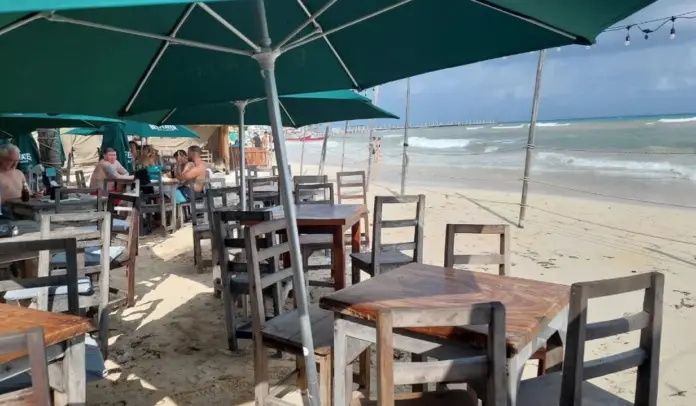The gastronomic scene in Quintana Roo is facing an unprecedented crisis in 2025, with more than a thousand food and beverage establishments closing so far this year. This represents approximately 17% of the total formal businesses in the sector in the region, reflecting a significant decline compared to previous years. Declining sales, rising operating costs, and a decline in both local and tourist consumption have contributed to this bleak outlook.
Although business turnover is common in the sector, data reveals an acceleration in losses. The trend indicates that business closures have increased by 20% compared to 2024, while new openings have barely grown by 12%. Furthermore, many entrepreneurs report that operating a restaurant has become twice as expensive as it was five years ago, while profits have been cut in half. The most impacted areas include Cancún, Tulum, Puerto Morelos, and Chetumal, where the decline in sales is between 30% and 40%.
Tourism, the region’s main driving force, has seen a slowdown in spending. Although the first months of 2025 saw an increase in international visitor arrivals, average spending has fallen by almost 7%, leaving fewer resources available for local businesses. Added to this, increases in inputs, energy, and fuel prices further hamper the operation of these establishments, which now face even greater uncertainty due to episodes of insecurity and extortion, such as the recent fire at a restaurant in Cancún attributed to illegal charges.
To address this situation, some business owners have opted to reduce staff, limit menus, or transform their businesses into shadow kitchens, operating solely through digital platforms. Without tax incentives and accessible credit, restaurant closures are expected to double in the next two years. Despite the crisis, efforts are being made to maintain jobs, although a labor shortage of close to 10% is anticipated, due to the migration of talent to the hotel and tourism sector.
The leaders of the gastronomic industry are urgently calling on the government to implement financial support, training, and tax incentive policies to save these businesses and prevent a total collapse of the sector by 2026.

Source: elcongresista




